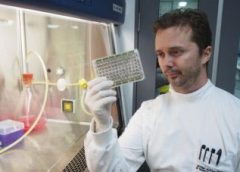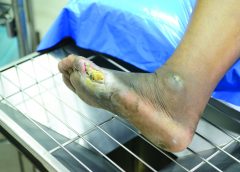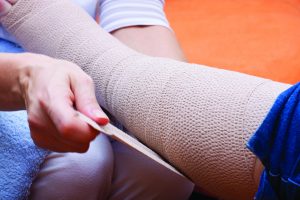A substance found in parasitic worms’ spit might help prevent thousands of amputations a year, scientists in north Queensland have said. James Cook University researchers in Cairns are harnessing the molecule produced by a Thai liver parasite that can “supercharge” the healing of wounds.
Australian Institute of Tropical Health and Medicine parasitologist Michael Smout said non-healing wounds were of particular concern for diabetics and smokers. Dr Smout said the parasite used the molecule to keep its host healthy and prolong its own life. “It’ll live for a decade or two, and it’s munching around your liver, and zipping up the wounds as it goes,” he said. (more…)
Read More


